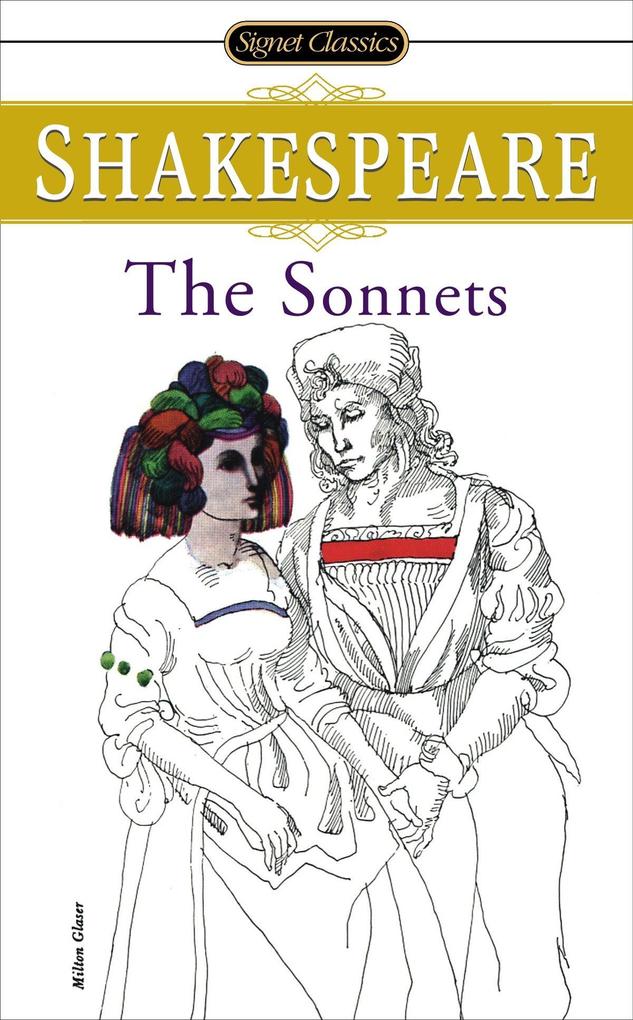
Zustellung: Di, 26.11. - Sa, 30.11.
Versand in 2 Wochen
VersandkostenfreiBestellen & in Filiale abholen:
The Signet Classic Shakespeare SeriesThe work of the world's greatest dramatist edited by outstanding scholars The SonnetsUNIQUE FEATURES OF THE SIGNET CLASSICS SHAKESPEARE• An extensive overview of Shakespeare's life, world, and sonnets by the general editor of the Signet Classics Shakespeare series, Sylvan Barnet, Tufts University • Special introduction to The Sonnets, by W. H. Auden • Literary criticism by William Empson, Hallett Smith, Winifred M. T. Nowottny, and Helen Vendler • Detailed footnotes at the bottom of each page of the sonnets • List of recommended reading • All text printed in the clearest, most readable type
Inhaltsverzeichnis
The Sonnets - William Shakespeare Edited by William Burto with an Introduction by W. H. AudenShakespeare: An Overview
Biographical Sketch
A Note on the Anti-Stratfordians, Especially Baconians and Oxfordians
The Shakespeare Canon
Shakespeare's English
The Sonnets
Introduction
The Sonnets
Textual Note
Commentaries
William Empson: They That Have Power
Hallett Smith: From Elizabethan Poetry
Winifred M. T. Nowottny: Formal Elements in Shakespeare's Sonnets: Sonnets 1-6
Helen Vendler: Sonnet 116
Suggested References
Index of First Lines
Biographical Sketch
A Note on the Anti-Stratfordians, Especially Baconians and Oxfordians
The Shakespeare Canon
Shakespeare's English
The Sonnets
Introduction
The Sonnets
Textual Note
Commentaries
William Empson: They That Have Power
Hallett Smith: From Elizabethan Poetry
Winifred M. T. Nowottny: Formal Elements in Shakespeare's Sonnets: Sonnets 1-6
Helen Vendler: Sonnet 116
Suggested References
Index of First Lines
Produktdetails
Erscheinungsdatum
01. März 1999
Sprache
englisch
Auflage
2nd Revised edition
Seitenanzahl
272
Autor/Autorin
William Shakespeare
Verlag/Hersteller
Produktart
kartoniert
Gewicht
132 g
Größe (L/B/H)
173/111/15 mm
ISBN
9780451527271









